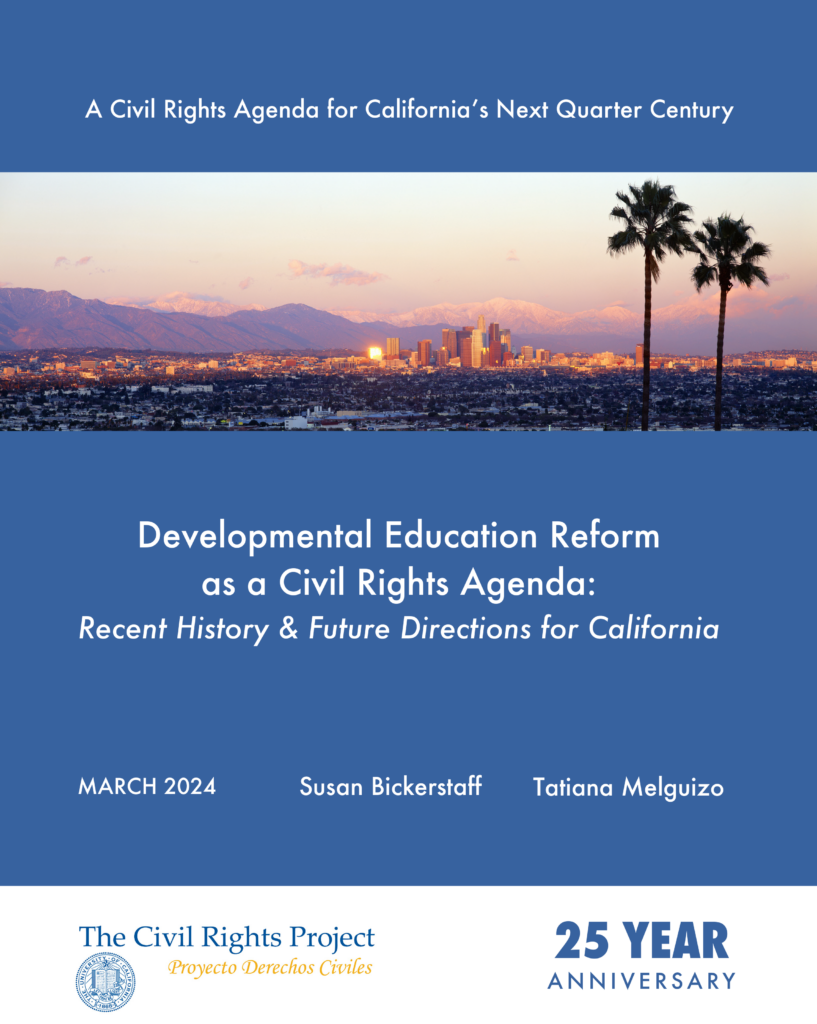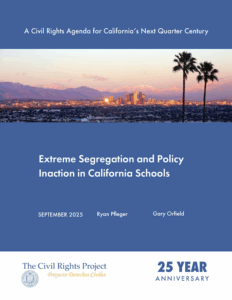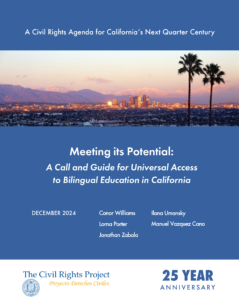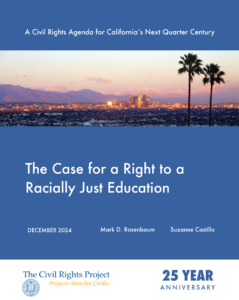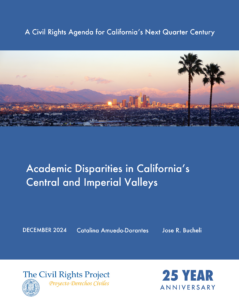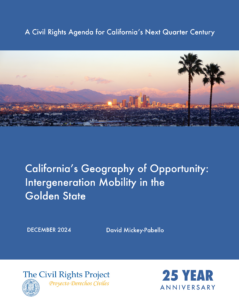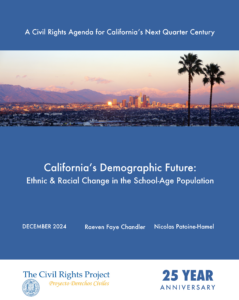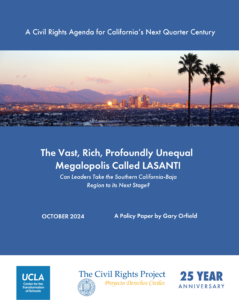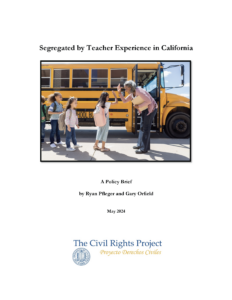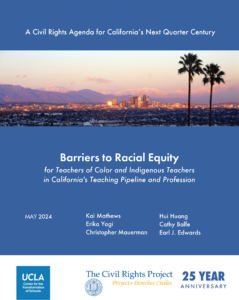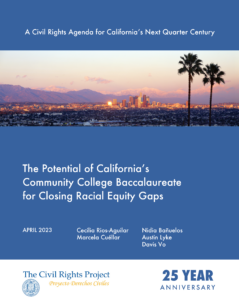Executive Summary
Efforts to strengthen the pipeline to college degree completion have focused on improving college access and providing academic, social, and financial supports to students’ post-enrollment. In this paper, we explore one facet of postsecondary education that has served as a barrier to both college access and success. Developmental education—intended as a remedy to unequal pre-college academic experiences—has proven instead to exacerbate racial inequities in academic progress in higher education and has effectively decreased college access for low-income students and students of color.
Findings from rigorous studies on developmental education reform conducted over the past decade show that broadening access to college-level courses, providing academic and non-academic supports, and improving curriculum and instruction can put students on the path to postsecondary success, even for those students who may have academic weaknesses stemming from their K-12 experiences. Because Black and Hispanic students have historically been referred to developmental education at higher rates than their peers and thus have disproportionately suffered the negative effects of developmental education, efforts to dismantle the traditional system of developmental education will benefit racially minoritized students.
After more than a decade of trying to tackle the developmental education problem indirectly through basic skills-related initiatives, task forces, and success initiatives, the California state legislature passed Assembly Bill 705 (AB705) in 2017, arguably one of the most ambitious higher education reforms in the California Community Colleges to date. AB705 directed colleges to replace standardized placement tests with multiple measures of high school performance to determine college readiness. In lieu of prerequisite pre-transfer courses, colleges were expected to develop the corequisite courses or academic supports necessary to maximize the probability that the students will pass transfer-level English and math within one year.
In this paper, we describe the research that prompted developmental education reform approaches nationally and in California, describe the efforts in California that led to the passing of AB705, and summarize research on its implementation and outcomes. We explore the implications of this research for improving postsecondary access and success for Black and Hispanic students and English learners.
Several studies in California show that access to, and success in, transfer-level math and English courses have increased substantially since implementation of AB705 in 2019. Yet despite these dramatic improvements, equity gaps remain persistent. Uneven implementation may be one driver of these outcomes. As of 2022, a sizable portion of California’s community colleges continued to offer standalone pre-transfer level developmental courses. Studies of the reform’s implementation point to the importance of addressing stakeholder assumptions about students’ capabilities. Without an explicitly “race conscious” approach to implementation planning, it is unlikely that racial inequities can be eradicated through state legislative action.
Building on analysis of the research, the paper concludes with five key practice and policy recommendations for California community college leaders as they move toward realizing a civil rights agenda for college access and success in the next 25 years: (1) Address faculty and practitioners’ beliefs; (2) Move from structural to instructional reform; (3) Improve data accessibility, reporting, and accountability; (4) Expand equitable college access opportunities for students in high school; and (5) Address barriers facing English learners.
This report was published as part of a research series, “A Civil Rights Agenda for California’s Next Quarter Century,” in commemoration of the Civil Rights Project’s 25th anniversary.
In compliance with the UC Open Access Policy, this report has been made available on eScholarship: escholarship.org/uc/item/5j96v9s1
